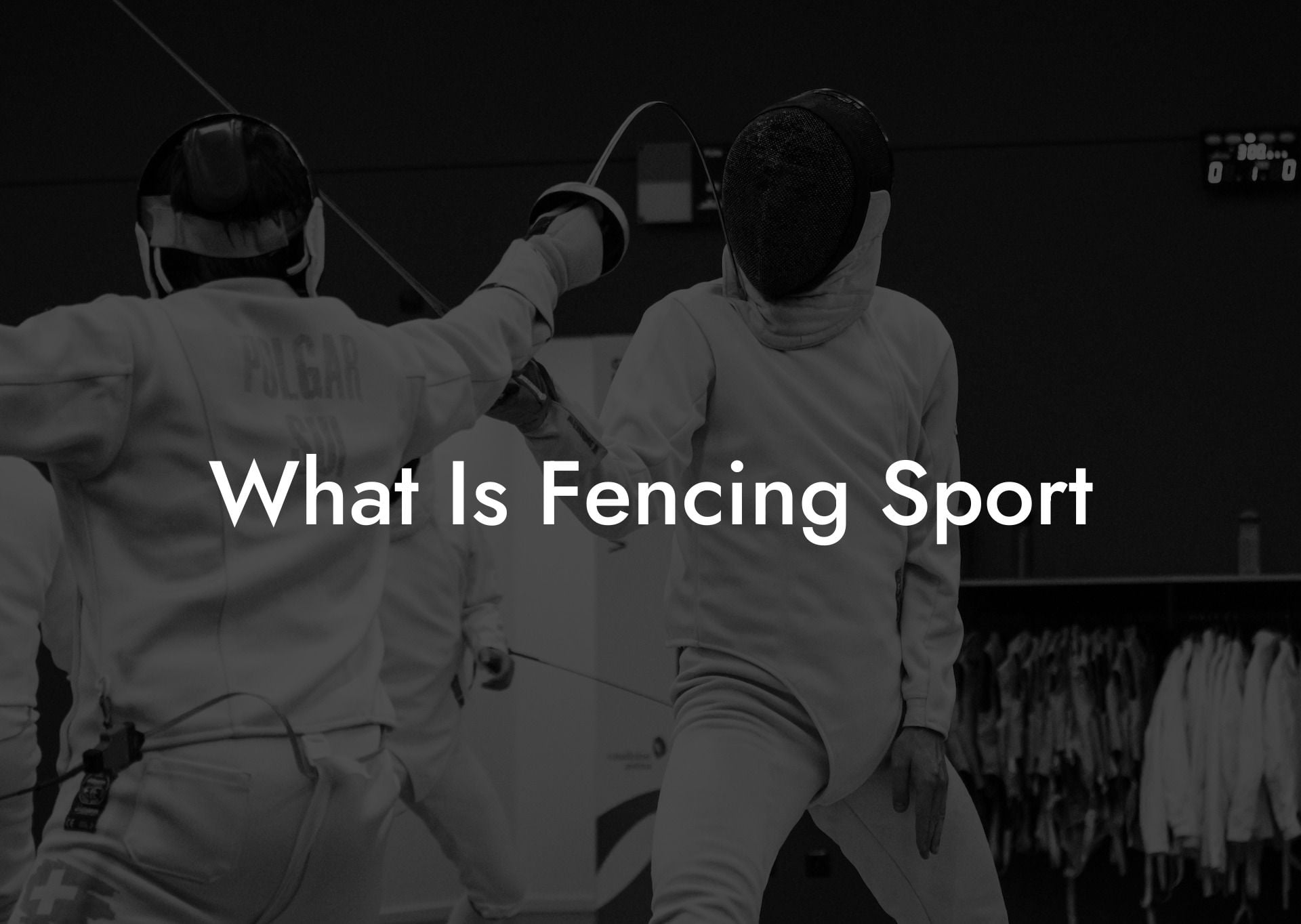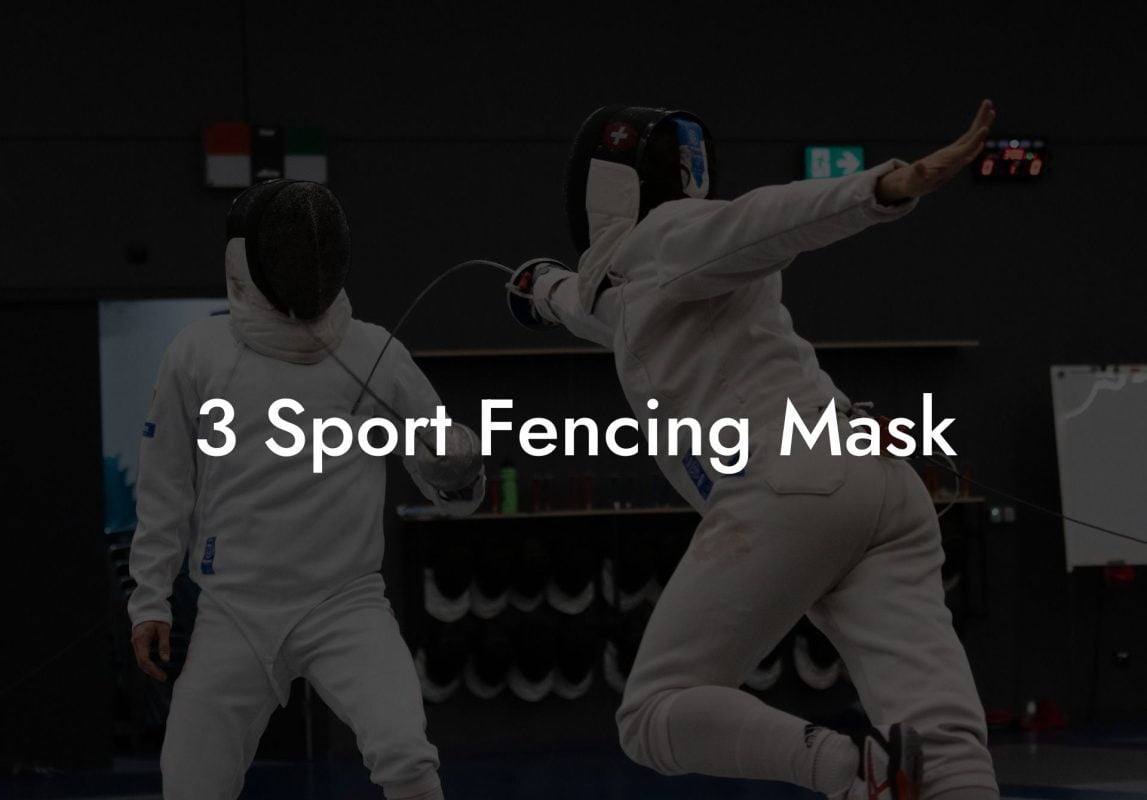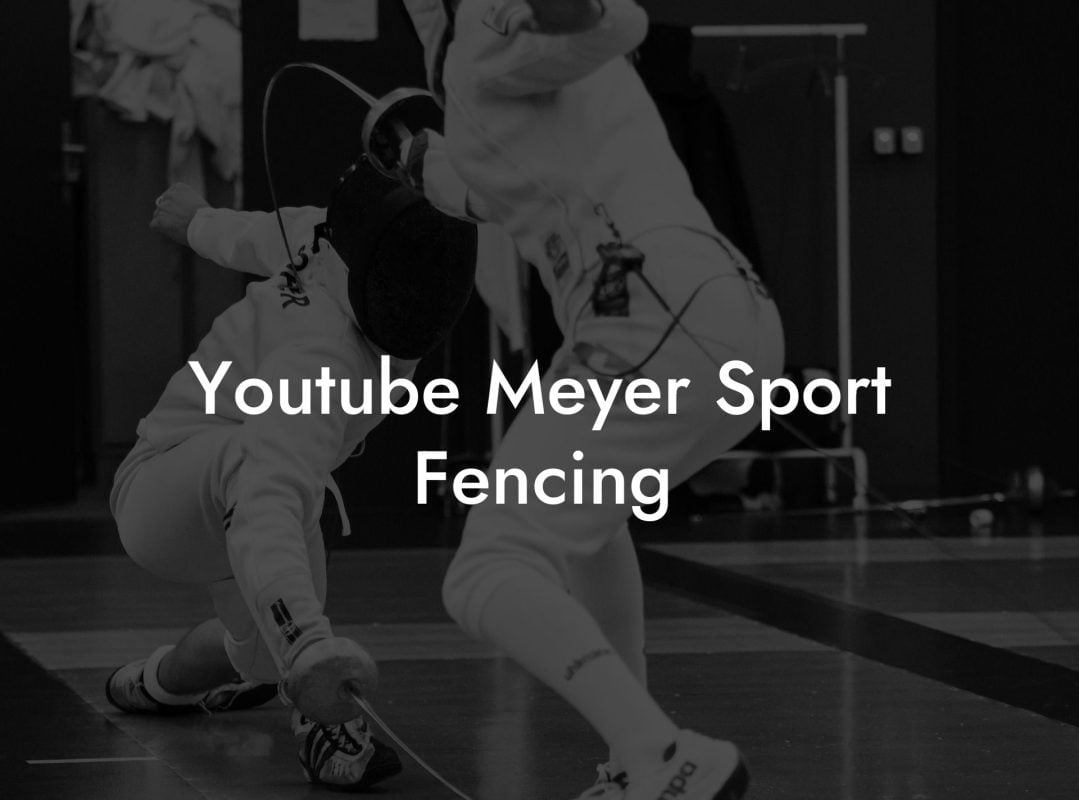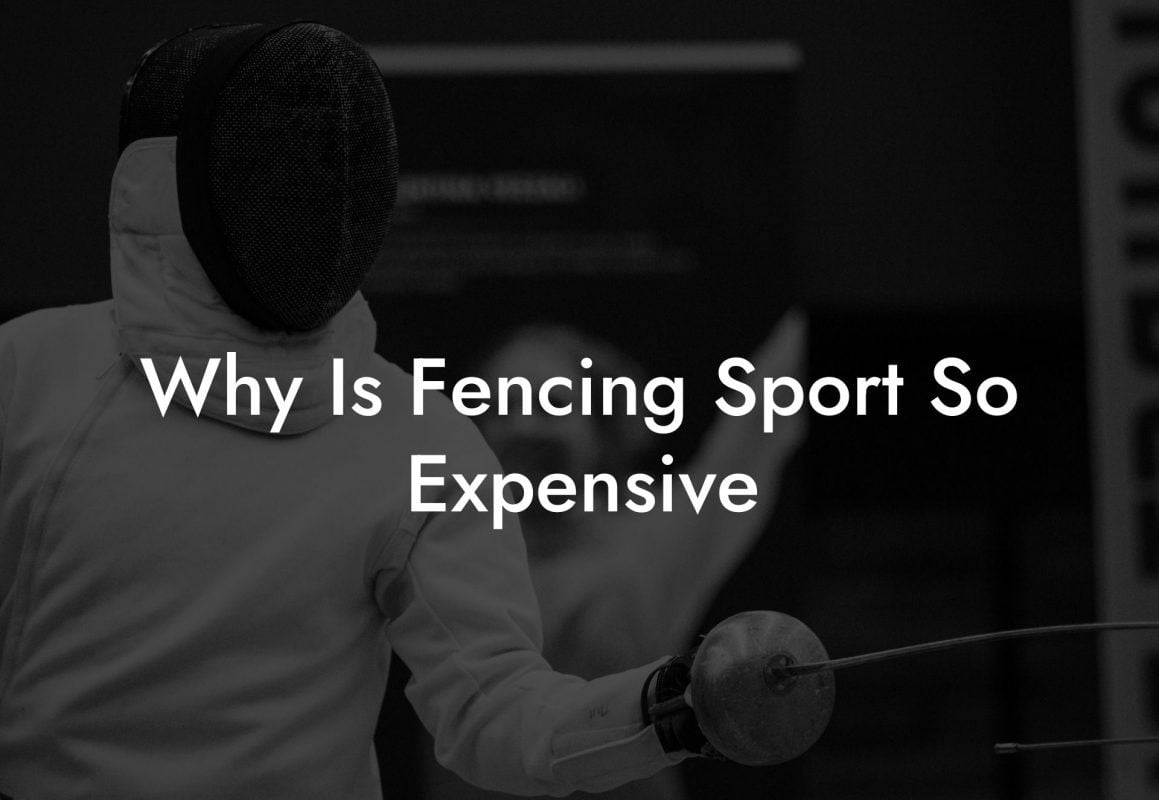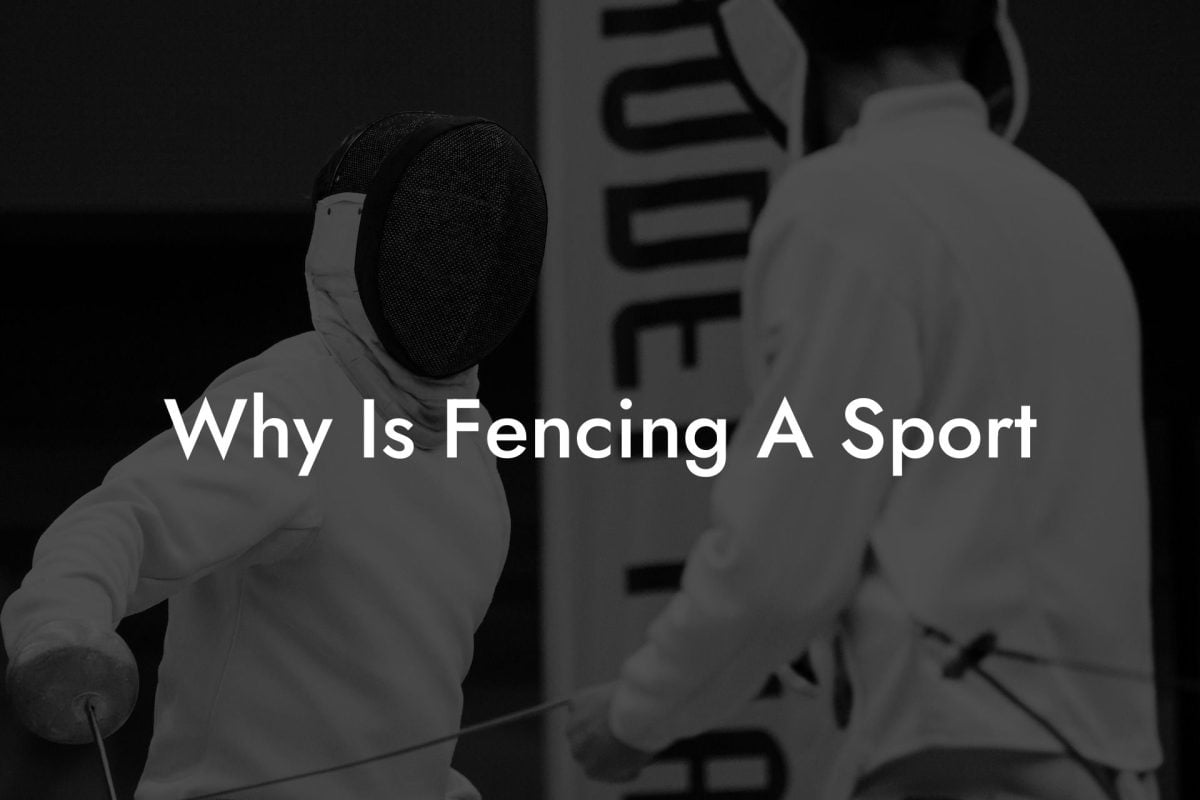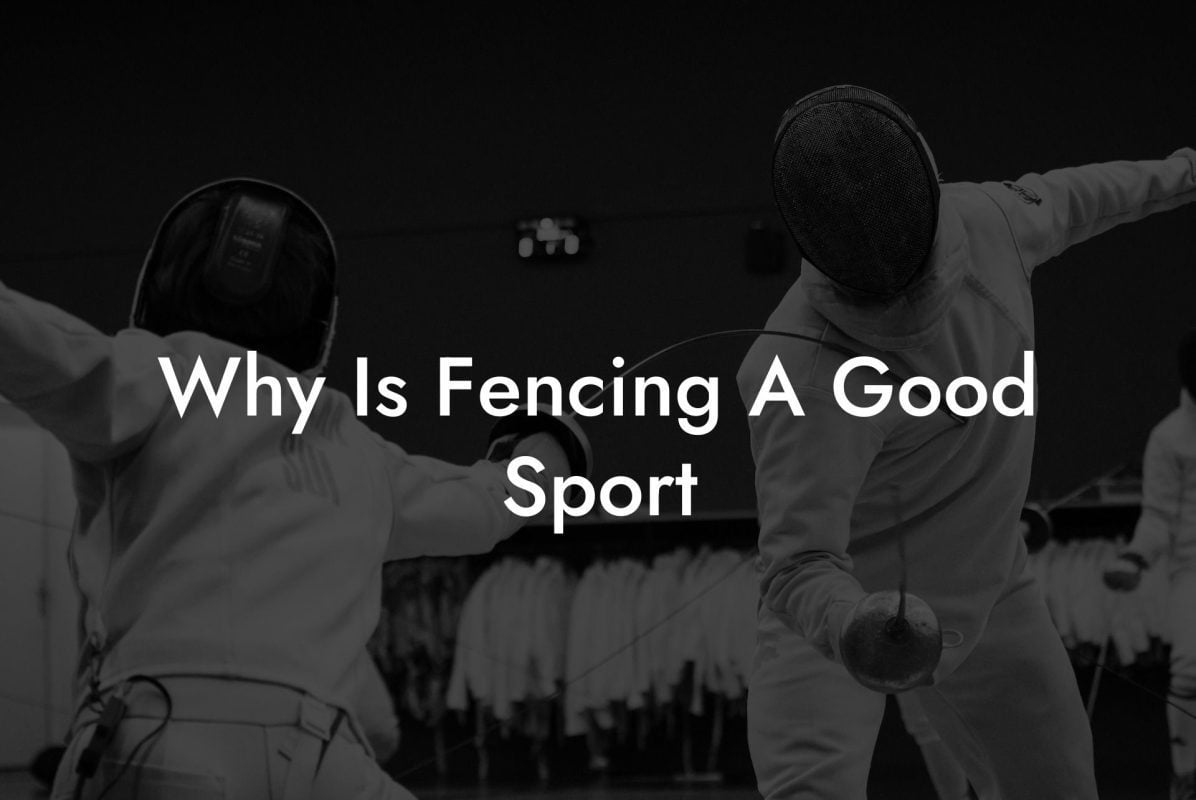Discover the exciting and dynamic world of fencing sport. This article will guide you through the basics of fencing, its rich history, and the different styles of this elegant and tactical combat sport. Whether you're a beginner looking to learn more or a seasoned fencer seeking new inspiration or information, Anchorage Fencing Club is here to help you dive into the world of fencing.
What Is Fencing Sport Table of Contents
A Brief History of Fencing
Fencing has its roots in ancient civilizations such as Egypt, Greece, and Rome. Historical records illustrate the use of fencing as a form of self-defense and as a sport. As time progressed, the art of fencing developed into a refined and lethal form of combat, as well as a popular pastime for European nobility.
Modern Fencing and its Governing Body
Modern fencing is governed by the International Fencing Federation (FIE). The FIE is responsible for setting the rules, organizing championships, and regulating competition equipment. Since its inclusion in the first modern Olympic Games in 1896, fencing has continued to captivate audiences worldwide and produced legendary athletes.
Three Fencing Weapons
The sport of fencing consists of three distinct disciplines, each focusing on a different weapon: the foil, the epee, and the sabre. Each weapon has unique characteristics, rules, and techniques.
1. Foil:
- The foil is a light, thrusting weapon.
- The target area for foil is the opponent's torso, including the back.
- Foil fencers must observe 'right of way' rules, meaning a fencer must establish priority by attacking, parrying, or maneuvering before their opponent in order to score a point.
2. Epee:
- The epee is a heavier, thrusting weapon.
- The entire body is considered a target in epee fencing.
- Unlike foil, there is no 'right of way' in epee. Both fencers can score a point simultaneously if they hit each other at the same time.
3. Sabre:
- The sabre is a cutting and thrusting weapon.
- Sabre target areas include the opponent's entire upper body, except the hands.
- Like foil, sabre also observes 'right of way' rules.
Basic Techniques and Terminology
Regardless of the weapon being used, all fencers use specific techniques and footwork to maneuver, attack, and defend on the strip. Some common terms and techniques you will likely encounter in fencing include:
- En Garde:
- The ready position fencers assume before starting a bout.
- Lunge:
- An attacking movement used to quickly close distance and score a hit on the opponent.
- Parry:
- A defensive action used to block an opponent’s attack.
- Riposte:
- An attack made immediately after a successful parry.
What Is Fencing Sport Example:
Imagine a foil fencing bout taking place, with Fencer A making an aggressive lunge at Fencer B's torso. Fencer B quickly executes a parry, deflecting the attack and establishing right of way. Now is Fencer B's chance to riposte and try to score a point against Fencer A. The bout continues at a rapid pace, with each fencer using tactics, footwork, and athleticism to gain an advantage and emerge victorious.
We hope you enjoyed learning about the fascinating world of fencing sport. As a demanding and rewarding martial art, fencing offers physical and mental challenges that will keep you on your toes and sharpen your abilities. We invite you to explore the Anchorage Fencing Club website further for more in-depth guides, information on equipment, and fencing tips for every level. Don't forget to share this article with others who may be interested in joining the ranks of fencers around the world.

